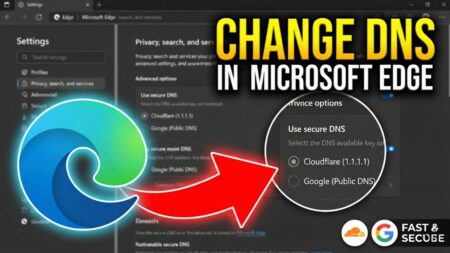Many users have reported that Microsoft Edge v111 is taking an unusually long time to react to user interactions, such as clicking on links or tabs, inputting text, and switching between open tabs. This lagging issue has affected the user experience, causing frustration and inconvenience.

As the number of reports on this issue has increased, it has become clear that this is a widespread problem requiring attention.
Upon investigation, a potential link between the lagging issue and the Omen Gaming Hub has been discovered. The Omen Gaming Hub is a software application designed for HP Omen laptops, which helps users optimize their gaming experience.
It has been noted that many of the users experiencing the lagging issue have the Omen Gaming Hub installed on their devices. This suggests that the Omen Gaming Hub could be contributing to the Edge lagging problem.
Fix – Microsoft Edge Lagging Due to Omen Gaming Hub
To help users experiencing the lagging issue in Microsoft Edge, we’ve provided some possible solutions below:
For users with HP Omen laptops and the Omen Gaming Hub installed:
The company has released the hotfix for the Omen Gaming Hub v1101.2303.3.0. Just download the latest version or update it. This update should address the compatibility issue between the Omen Gaming Hub and Microsoft Edge as reported by various users here.
Alternatively, you can disable or uninstall the Omen Gaming Hub to see if the issue persists. This can help determine if the gaming hub is indeed causing the lag.
For users without HP Omen laptops or the Omen Gaming Hub installed:
Disable browser extensions: Some browser extensions may cause performance issues. Try disabling your extensions one by one and check if the lagging issue is resolved. In the address bar, copy-paste: edge://extensions/ and hit enter.
This will take you to the Edge extension page. Here, turn off all the extensions.
Browse Edge in private browsing mode: Private browsing mode disables some features that could cause performance issues. Test Edge in private browsing mode to see if the lagging issue persists. For that use CTRL + SHIFT + N or click on the (…) and select New InPrivate Window.
Clear browsing history and cache: Excessive stored data can slow down the browser. Clear your browsing history, cookies, and cache to improve performance.
Reset Microsoft Edge: If all else fails, you can try resetting Microsoft Edge to its default settings. This will remove any customizations and return the browser to its original state.
By following the steps provided in this blog post, users should be able to mitigate the issue and improve their browsing experience.
If you have any additional insights or solutions, please share them in the comments section below, and don’t forget to stay updated for any official updates from Microsoft addressing this issue.





